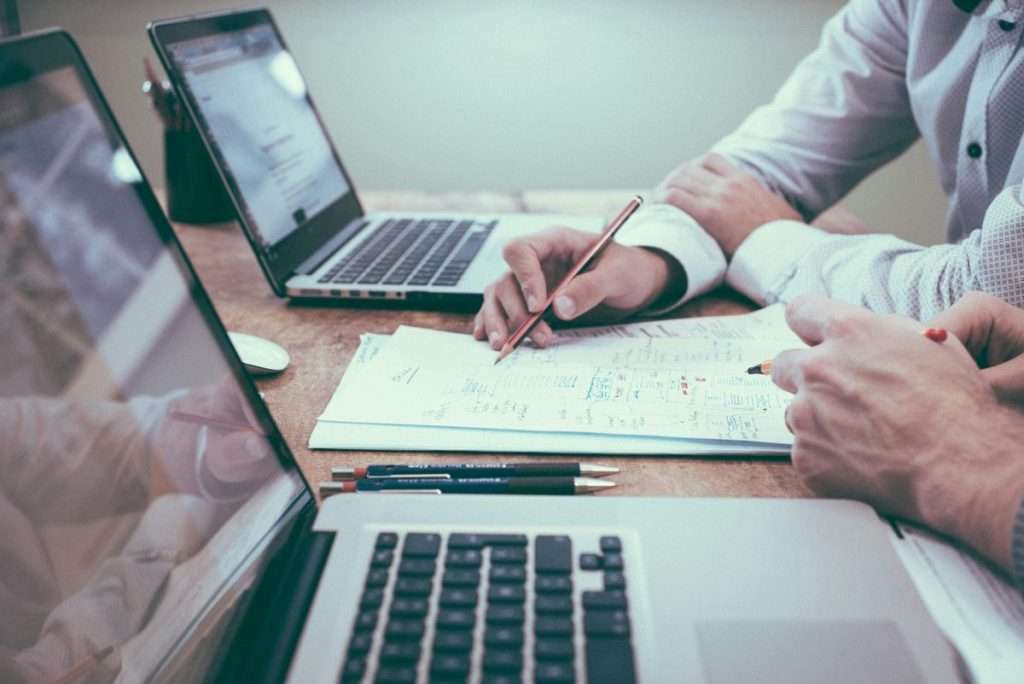Build Your Confidence in 10 Steps – Confidence is established on various things, but on the whole, it is established on decisions and achievements. You may select a field about which you are not passionate enough, resulting in shaping you as a less confident individual. Eventually, you won’t achieve much without excelling in your field of work. This is why it is said that confidence is based on your decisions and choices.
Once you make the right decision, you’ll feel elated and good about yourself. Identifying your strengths and weaknesses is one of the most beneficial quests in your life.
What it means to be confident
Self-confidence simply refers to self-trust, which means to completely trust your skills, abilities, choices and perspectives. Self-confidence means to accept yourself the way you are and love yourself regardless of your body type, skin colour etc. Self-confidence is embracing yourself and being proud of who you are. It is trust in oneself to take complete hold of their life.
Self-confidence plays a role in making an individual successful both in personal and professional life. When you are confident about yourself, you have the power to take decisions in your life and stand by them. As a confident individual, you are open to taking risks, you are positive and you appreciate good things in life.
Along with building self-confidence, we must learn the importance of having a growth mindset. A growth mindset is where you wish to improve yourself and learn different things. When having a growth mindset, an individual is open to criticism, takes it positively, and seeks advice from the feedback. Whereas in a fixed mindset, an individual has certain boundaries which limit his activities. He is not a risk-taker and doesn’t take feedback positively. A self-confident individual often gets stressed with a fixed mindset and at times feels a lack of confidence. The best thing to do is to work towards having a growth mindset to liberate yourself and take every feedback as positive feedback.
Common causes of low self confidence

The good part is that confidence can be built. It’s never innate in an individual. It’s built over time from different experiences, learning, surroundings, and people around us. Every individual works to achieve confidence at different stages of life.
But just as it can be built, many things can destroy it too. How individuals are mingled and seen by everyone around them, additionally, tough transitions in childhood, pre-adulthood, and adulthood can all prompt lower self-confidence.
It is significant to understand that low self-confidence is not your mistake. The elements that lead to low self-confidence mix and interconnect differently for each individual. Your childhood experiences, societal issues, environment, genes, and other situations have an impact on your self-confidence.
There are a few causes that can lead to low self-confidence. When we talk about life experiences, we suggest the following factors impact an individual’s self-esteem:
Parenting style
The way parents treat their child impacts an individual till adulthood. According to psychology, there are 4 main styles of parenting, authoritative. authoritarian (or disciplinarian) permissive (or indulgent) neglectful (or uninvolved. Depending on the parenting style, a child can develop both positive and negative characteristics.
Harassment and bullying
Childhood bullying, workplace harassment and disrespect from co-fellows can shatter your confidence in public speaking and open communication.
Trauma
Abuse of all sorts, emotional, physical, or sexual, can deeply affect your self-worth. When trauma hits a person, it shakes them from inside, and a vicious cycle of self-doubt starts.
Perfectionism
If you consider yourself a perfect human being, then you are mistaken. None of us is perfect. We all have flaws. The sooner you accept, the better it is. The thought of being a perfect individual disrupts your self-confidence when you start to experience self-flaws.
Media messages
The famous advertising trick of the media of portraying an ideal individual by using their products leaves a person wondering about his looks. When you are displeased with your physical appearance, your confidence to socialize with people starts to reduce.
Again, the good part is that you can work on low self-confidence and gain confidence by following a few practices.
Benefits of high self confidence
1. High self worth
A confident person highly regards themselves and their skills. They value themselves, and this is what boosts their confidence.
2. More elated
A confident individual is happy from the inside, they take decisions wisely, think positive and feel the joy of life.
3. Resilience to experiment with new things
These individuals are risk-takers. They are not afraid of making mistakes and seek opportunities to grow and learn.
4. Motivated and energetic
Successful people are the ones who trust their abilities and leverage them. Their confidence encourages them to take action to fulfil their professional and personal goals.
5. Less social anxiety
When you embrace yourself and love yourself for what you are, the opinions of others don’t bother you.
6. No negative thinking
Self-confidence means no self-doubt and negative thinking.
Also Read: Why You Should Surround Yourself With Positive People
10 steps on how to build your confidence

1. Identify your insecurities and source of low confidence
First, think about your insecurities; Is there a rift between you and your parents? Are you not able to talk to them? Do you feel that you are going to lose your job? Does your dark complexion or weight embarrass you? Are you not comfortable socialising with people? Consider all your insecurities so that you can root out the problem.
What about any trauma affecting you? Carefully think about what causes you to have low self-esteem so that you can fix it.
2. Make sure what confidence means to you
Self-confidence means trusting your skills, perspectives and choices. What does confidence mean to you? Is it what other people think or say about you, or what do you think of yourself? Do you feel confident when people praise you or when you are self-satisfied with your actions?
3. Don’t be afraid to fail
Never be afraid to come out of your comfort zone because you grow when you are out of your comfort zone. It’s completely normal to fail, we all are humans, and we learn from our mistakes. Fear of failure only impedes your chances of growth and thus obstructs you to build confidence. Rejection is part of learning.
4. Take baby steps
Start with small things. When you are on your way to building confidence, you cannot begin by committing so many tasks to yourself. For instance, to wave off negative thoughts, you intend to meditate. Now either commit to doing meditation or exercise. You may not be able to do both at a time. Start with meditating regularly, and once it becomes your habit, start focusing on exercising.
5. Focus on what you can control
When things don’t go as planned, we get disappointed. We get into spaces and thoughts which are not in our control. We get pessimistic about future circumstances. This is where we go wrong. You cannot amend uncontrollable factors. The most relevant example of this is the pandemic Covid-19 which turned our world upside down.
Alternatively, focus on which you have power. You can work on personal development and look for opportunities to grow. You have power over your attitude, how you plan your career and with whom you spend your time. If you work on the controllable things, you can successfully work towards building confidence.
6. Find your tribe
It’s often not easy to find like-minded people, and if you land in a space where people have contradictory values to your values, you are probably in trouble. There are many online groups on social media platforms for writers, musicians, graphic designers, mommies, tourists, foody people etc. Join these groups, attend meetups and try to mingle with people of the same profession.
One thing that would help you socialise with others is to stop judging. Do not see people from the lens of your perspective. Not always, people are going to have the same opinions as yours. Ignore the differences and find similarities. This way, you will find it easy to bond with others.
7. Exercise
Here I mean the confidence exercises which help in boosting your confidence.
- Smile more often
- Make an appreciation journal
- Depict yourself as a confident person even if you have to fake it.
8. Stick to the plan
Discipline is essential when it comes to following a plan for building confidence. When you have low self-esteem, you feel demotivated; that is why it is important to follow the routine strictly. If you force yourself to take action, you’ll feel the progress inside you.
9. Consider professional help
Sometimes, you are unable to handle the stress and trauma effects. At such times, you should seek professional help. You can share everything with your therapist, things that you cannot share with anyone. Therapists don’t know you personally, hence they don’t judge you.
Pouring your heart out in front of a therapist greatly helps. Also, they brief you on different strategies and techniques to build confidence and combat stress.
10. Do what makes you happy
The best thing to do is to follow your heart and passion. Do whatever gives you happiness and contentment. If you don’t want to join a profession which your parents want you to, talk to them and explain what you want to do. Once you follow your passion, ultimately, you attain self-confidence.
Final thoughts
Self-confidence is trusting yourself and your abilities. It gives you the power to lead your life and take directed actions. When you have low confidence, you are unsure about yourself and follow what others ask you to do. However, you should do what you want to do. Following your heart requires you to identify your strengths and weaknesses and source of low confidence. Once you find them, you can take actions to fix them and build confidence.














![2024 Awareness Wordbook by Vivien Roggero [Self-discovery tools]](http://vivienroggero.com/wp-content/uploads/2023/04/Book-Awarness-Full-pack.png)